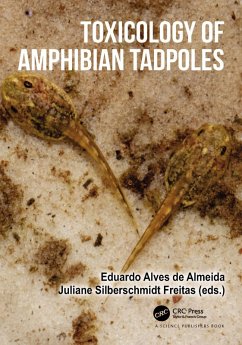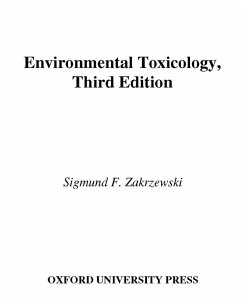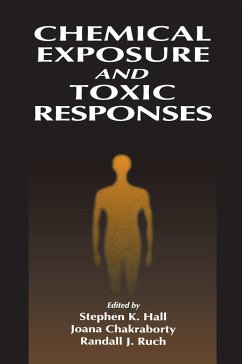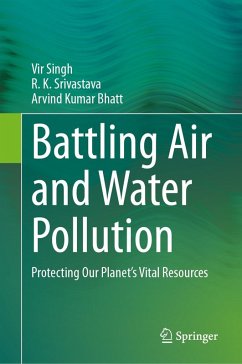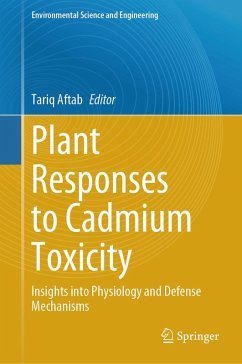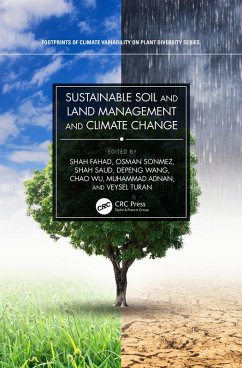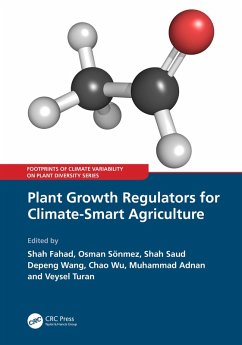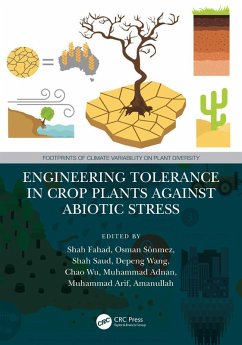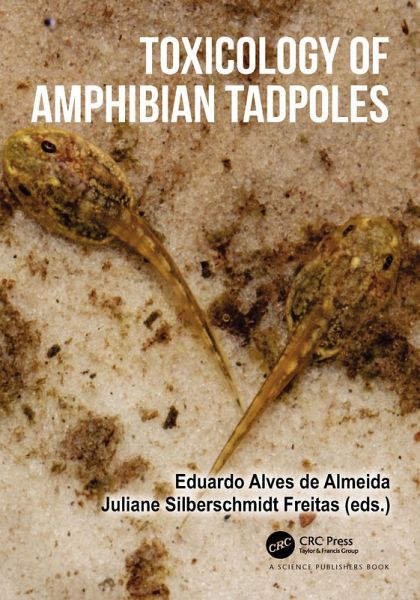
Toxicology of Amphibian Tadpoles (eBook, PDF)
Versandkostenfrei!
Sofort per Download lieferbar
38,95 €
inkl. MwSt.
Weitere Ausgaben:

PAYBACK Punkte
19 °P sammeln!
Anuran amphibians are among the animal groups with the highest rate of population decline on the planet. Among the factors driving this decline are environmental pollutants, whose negative effects on larvae and tadpoles are still relatively little studied. This is the first book devoted entirely to studying the effects of environmental pollutants on amphibian tadpoles. Throughout its 14 chapters, various aspects of the toxic effects of different classes of environmental contaminants are explored, such as the toxicokinetics of toxic compounds in tadpoles and their health effects, which may resu...
Anuran amphibians are among the animal groups with the highest rate of population decline on the planet. Among the factors driving this decline are environmental pollutants, whose negative effects on larvae and tadpoles are still relatively little studied. This is the first book devoted entirely to studying the effects of environmental pollutants on amphibian tadpoles. Throughout its 14 chapters, various aspects of the toxic effects of different classes of environmental contaminants are explored, such as the toxicokinetics of toxic compounds in tadpoles and their health effects, which may result in negative consequences at populations level.
Dieser Download kann aus rechtlichen Gründen nur mit Rechnungsadresse in A, B, BG, CY, CZ, D, DK, EW, E, FIN, F, GR, HR, H, IRL, I, LT, L, LR, M, NL, PL, P, R, S, SLO, SK ausgeliefert werden.




